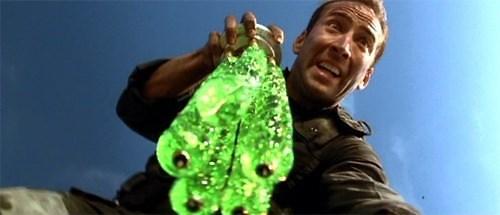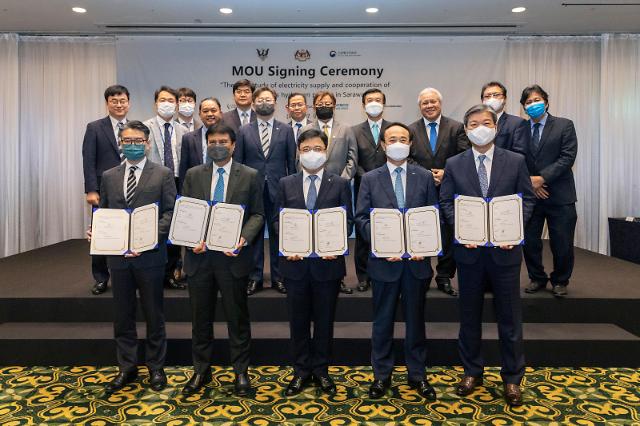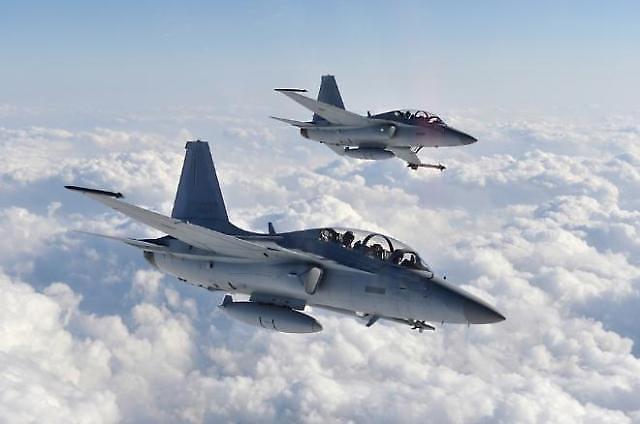
A scene from a film'The Rock' (1996) shows its main actor Nicholas Cage holding a bundle of VX-filled capsules. [Hollywood Pictures / Buena Vista Pictures ]
North Korea's chemical weapons are receiving the international spotlight after Malaysian police released a preliminary report showing the murder of North Korean leader Kim Jong-un's half-brother was carried out with a nerve agent used in chemical warfare.
A statement on Friday from Malaysia's inspector general of police, Khalid Abu Bakar, said that a preliminary analysis from the chemistry Department of Malaysia identified a VX nerve agent.
Kim Jong-nam was attacked on February 13 by two women as he waited for a flight to Macau. The female suspects -- one from Vietnam and the other from Indonesia -- used bare hands to rub the toxic substance on his face before walking away and quickly washing their hands. They reportedly told investigators that they were duped to play a prank.
VX is a chemical weapon classified as a weapon of mass destruction. The tasteless and odorless agent is outlawed under the Chemical Weapons Convention, except for research, medical or pharmaceutical purposes.
North Korea claims to possess no chemical weapons, but it is thought to be among the world's largest possessors of chemical weapons.
Data from the state-run Korea Institute for Defense Analyses showed North Korea is believed to possess 25 types of chemical weapons. South Korea's defense ministry estimated that North Korea's stockpile of chemical weapons stands between 2,500 and 5,000 metric tons.
Military experts in Seoul say North Korea is able to produce most types of chemical weapons and deliver them through artillery, missiles, and aircraft.
According to the government-sponsored Korea Research Institute of Chemical Technology of South Korea, North Korea has four military bases equipped with chemical weapons, 11 facilities where chemical weapons are produced and stored, and 13 dedicated research and development facilities.
North Korea has sought a less costly alternative to nuclear weapons, which pose a great threat to South Korea. In October 2013, Washington and Seoul agreed to build a joint surveillance system to detect biochemical agents along the demilitarized zone that bisects the Korean peninsula.
North Korea is suspected of contributing to Syria's chemical weapons program. In 2009, Greece seized 14,000 chemical suits from a North Korean ship believed to have been bound for Syria.
Lim Chang-won = cwlim34@ajunews.com




